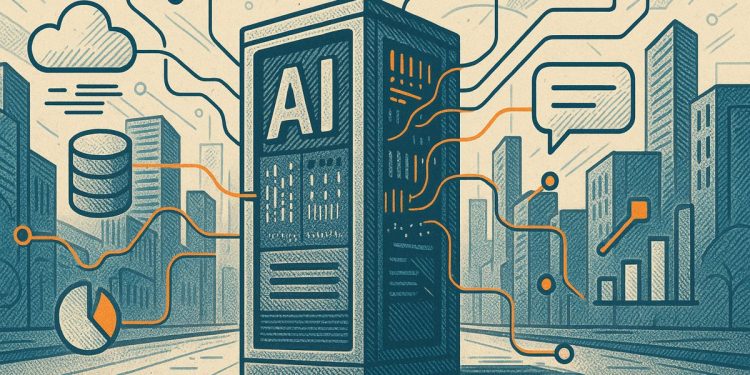The Model Context Protocol enterprise AI integration standard (MCP) is a new standard enabling AI models to easily connect with real-time data and tools securely and simply. It functions as a translator, allowing AI to interact seamlessly with various systems like databases, Slack, or Google Drive, without specialized coding. With robust security, companies maintain precise control over AI actions and data protection. MCP is streamlining tasks and improving team collaboration. By 2025, MCP has become the main way for AIs to become real helpers at work, not just smart chatbots.
What is the Model Context Protocol (MCP) and how does it benefit enterprise AI integration?
The Model Context Protocol (MCP) is an open standard that allows large language models to securely access real-time data and tools, like databases and APIs, using a universal interface. MCP simplifies integration, enhances data security through OAuth, and enables seamless AI-driven workflows across enterprises.
Imagine an AI assistant that instantly pulls yesterday’s sales figures from PostgreSQL, cross-checks them against live inventory in Redis, and drafts a Slack summary to the warehouse team this is exactly what the 2025-era Model Context Protocol (MCP) turns into everyday reality. Born in 2024, MCP has become the open standard that lets large language models talk to real data and tools instead of just their training snapshots.
The setup is simple yet powerful. An MCP server sits between the model and any external system file system, GitHub, Google Drive, Notion, or even private APIs acting as a universal interpreter. Servers are already available for more than a dozen services, and the list keeps growing. By following the protocol, each server exposes a standard interface, so the AI no longer needs custom code for every new tool.
Security keeps pace with function. In the latest June 2025 spec update, MCP servers are classified as OAuth Resource Servers, adopting Resource Indicators to stop token misuse. Enterprises can now grant an AI agent narrow, fine-grained permissions and revoke them instantly. Developers may run servers locally for maximal privacy or rely on third-party hosts, whichever matches their risk profile.
Looking forward, the upcoming MCP Registry will act as a searchable marketplace where teams discover ready-made servers, and streaming support will let agents deliver live charts, audio snippets, or mixed-media reports in real time. When paired with Google’s Agent-to-Agent (A2A) protocol, these agents can also delegate subtasks to one another, creating decentralized workflows where each participant holds exactly the context it needs.
Stats from early adopters show the payoff: e-commerce teams cut manual cart updates by 38 %, finance analysts reduced report generation time by half, and developer squads now trigger secure deployments from chat in under 30 seconds. By mid-2025, MCP has quietly become the glue that lets AI move from helpful chatbot to fully integrated colleague.



















